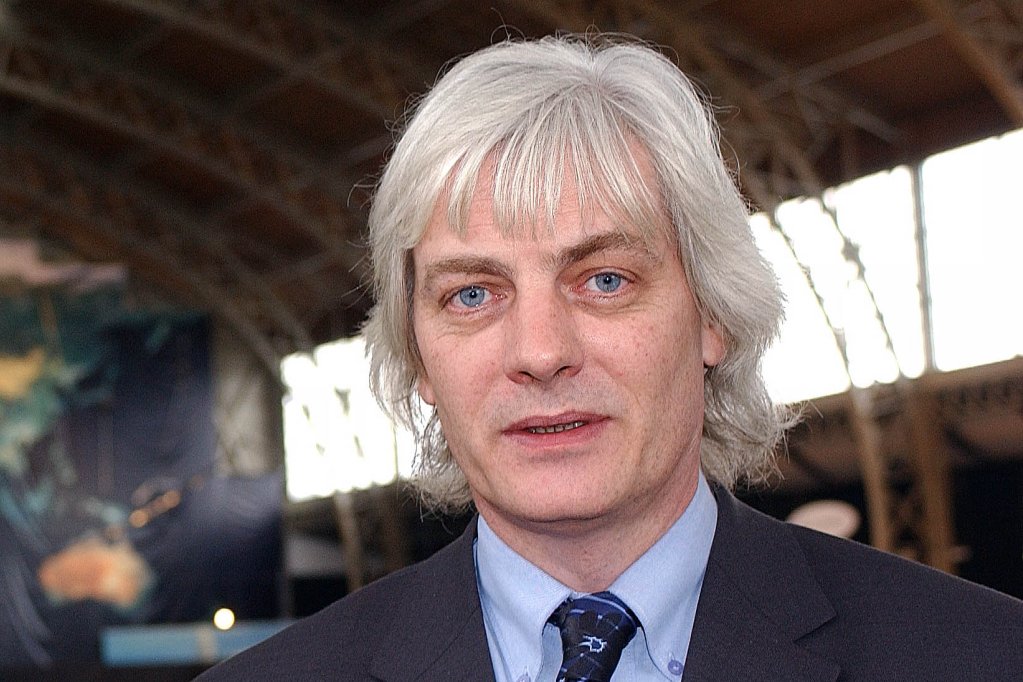Duncan Wingham appointed Chair of NERC

Professor Wingham has been appointed Executive Chair Designate of the Natural Environment Research Council (NERC) following nearly six years as Chief Executive of the council, Science Minister Jo Johnson announced recently.
Professor Wingham’s current term heading up NERC has been extended from 31 December 2017 through to 31 December 2020. He will continue as Chief Executive until the end of March 2018 and, upon the creation of UK Research and Innovation (UKRI) on 1 April, will become NERC’s Executive Chair.
Executive Chairs will be crucial to the ambition for UKRI to be a world-leading research and innovation organisation. They will lead each of the 9 councils that will be part of UKRI, and the role will combine the responsibilities of the current Chair and Chief Executive of each council.
Announcing the appointment, Science Minister Jo Johnson said,"Professor Wingham’s wealth of knowledge and experience in academia and science, and his pivotal role in setting up the NERC Centre for Polar Observation and Modelling, makes him well-placed to take on the role of Executive Chair and continue being a key part of our global leadership in the environmental sciences.
Working in close coordination with research communities across the UK, the UKRI Executive Chairs, along with the Government’s additional £4.7bn for research and development, will ensure that we continue to punch above our weight in global science."
About the Natural Environment Research Council (NERC)
NERC is the UK’s main agency for funding and managing research, training and knowledge exchange in the environmental sciences. It coordinates some of the world’s most exciting research projects, tackling major issues such as climate change, environmental influences on human health, the genetic make-up of life on earth, and much more. NERC is a non-departmental public body, which receives funding from the Department for Business, Energy and Industrial Strategy (BEIS). Working internationally, NERC has bases in the most hostile parts of the planet. They run a fleet of research ships and aircraft and invest in satellite technology to monitor gradual environmental change on a global scale. NERC provides knowledge, forewarning and solutions to the key global environmental challenges facing society.
Operating across the whole of the UK and with a combined budget of more than £6 billion, UK Research and Innovation will bring together the seven Research Councils, Innovate UK and a new organisation, Research England. UK Research and Innovation will ensure that the UK maintains its world leadership in research and innovation, by creating a system that “best environment for research and innovation to flourish. It will come into existence on 1 April 2018.
About Professor Wingham
Professor Wingham received a BSc from the University of Leeds in 1979, and a PhD from the University of Bath in 1984, both in physics. He joined University College London in 1986, where he held lecturing posts at the Mullard Space Science Laboratory and the Department of Electronic and Electrical Engineering. He was appointed as a Chair in the Department of Space and Climate Physics in 1996, and was Head of the Department of Earth Sciences at UCL from 2005 to 2010. He was founder and Director of the NERC Centre for Polar Observation and Modelling (CPOM) from 2000 to 2005, which among other things discovered the widespread mass loss from the West Antarctic Ice Sheet and its origin in accelerated ocean melting. He was instigator and Project Scientist of the Esa CryoSat-1 and CryoSat-2 satellite missions. He was first appointed as NERC Chief Executive in 2012.




